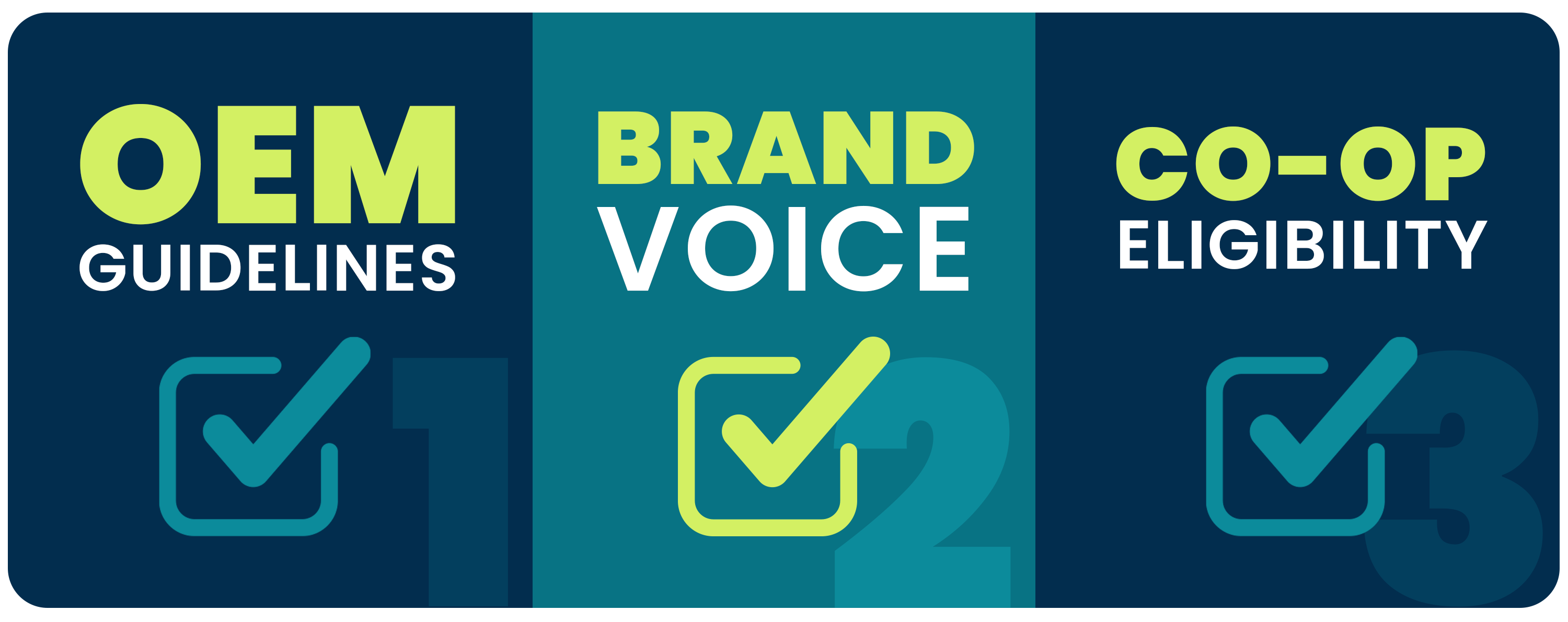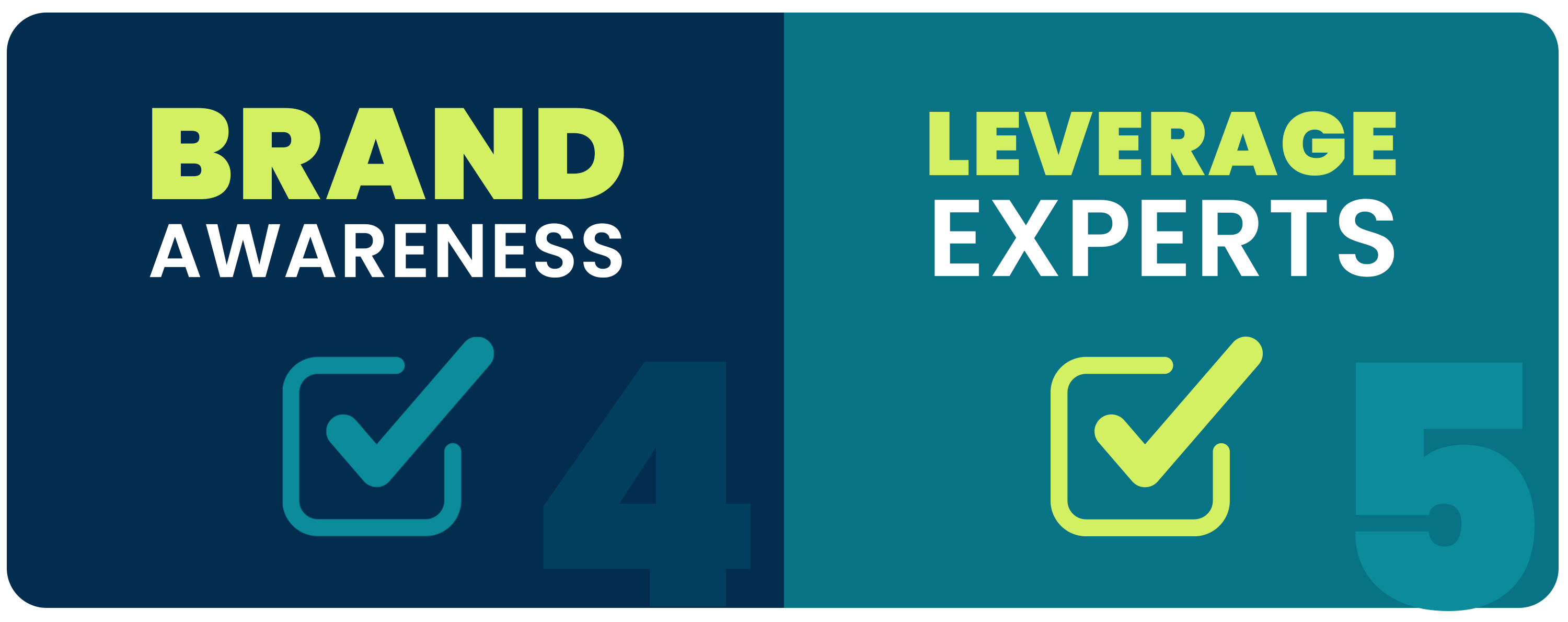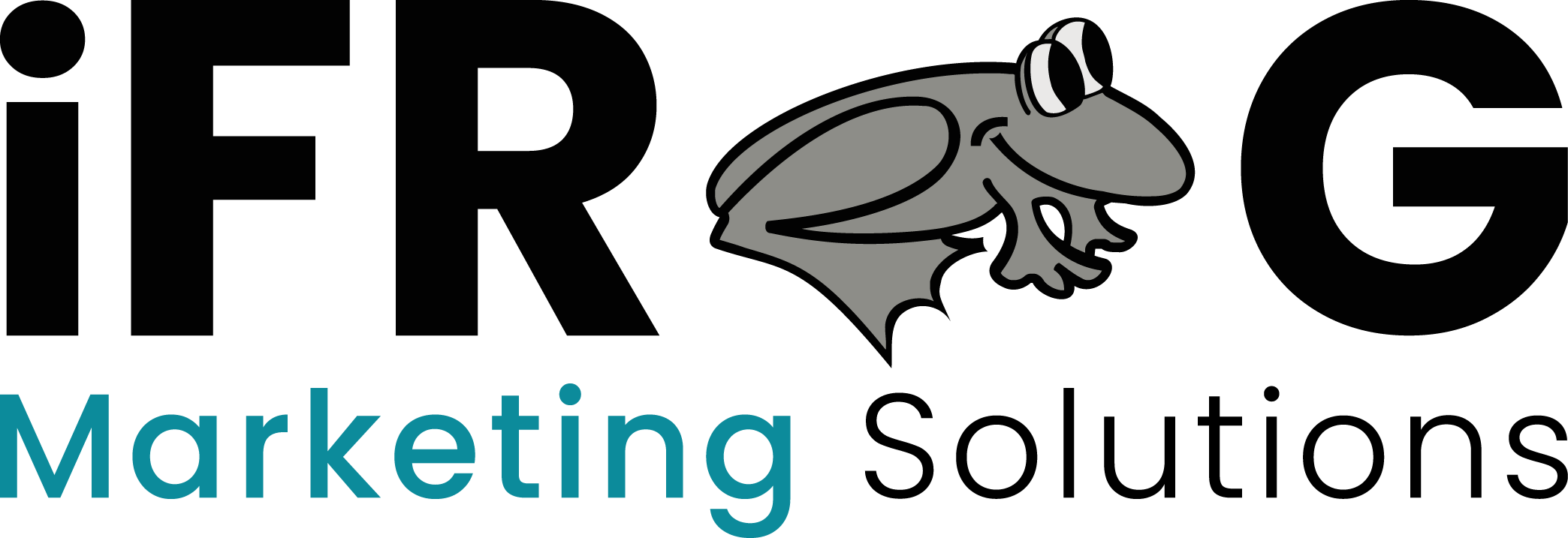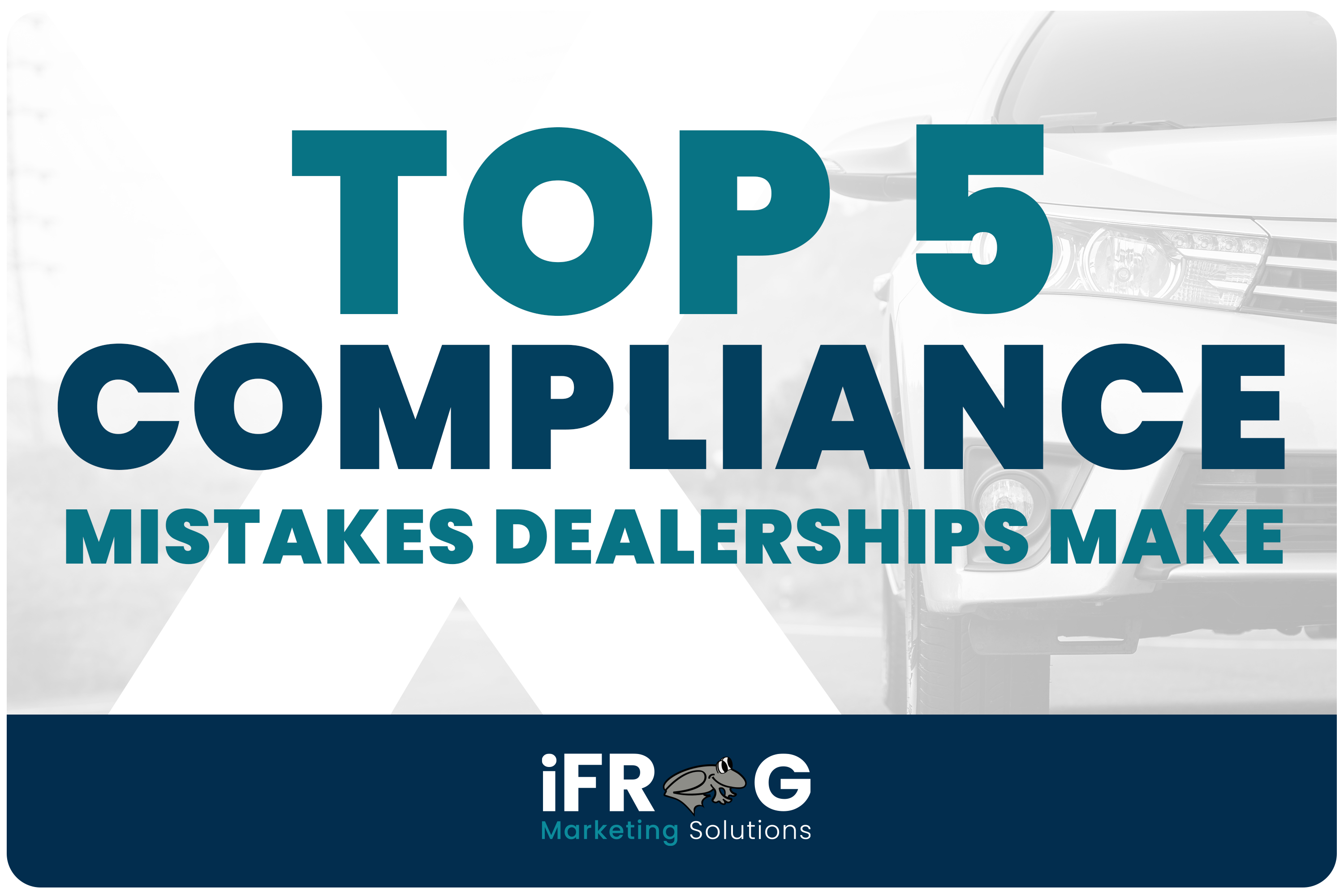In the dynamic world of automotive dealerships, maintaining brand consistency is paramount. However, in the pursuit of effective marketing and advertising, dealerships often find themselves navigating a complex landscape of compliance rules set by their Original Equipment Manufacturer (OEM). Here, we explore the top five compliance mistakes that dealerships commonly make and the importance of adhering to brand guidelines.
Ignoring OEM Guidelines
One of the most prevalent compliance mistakes dealerships make is overlooking or misunderstanding the specific guidelines set by their OEM. Whether it's Ford, Nissan, Hyundai, Toyota, or any other brand, each OEM has a unique set of rules governing everything from style and wording to colors and logos. Ignoring these guidelines can result in a fragmented brand image that fails to resonate with consumers.
Neglecting Brand Voice
Compliance, at its core, is about preserving brand consistency and voice. Dealerships must understand that compliance guidelines extend beyond mere aesthetics; they shape the narrative and messaging associated with a brand. By aligning with the brand voice outlined by the OEM, dealerships can ensure that their marketing efforts accurately represent the essence of the brand.
Overlooking Co-op Eligibility
Beyond maintaining a cohesive brand image, compliance is also crucial for co-op eligibility. Assets need to meet brand compliance standards to qualify for co-op programs. This involves submitting materials for approval, and a streamlined compliance process can significantly reduce back-and-forth interactions. Efficient compliance procedures enable dealerships to get their assets up and running swiftly while ensuring eligibility for cooperative advertising programs.
Lack of Brand Awareness
Understanding and adhering to compliance guidelines isn't just about following rules; it's a strategic move to enhance brand awareness. Each OEM has distinct elements, from logos and color schemes to fonts, contributing to a unique brand identity. By consistently representing these elements, dealerships can boost brand recognition and awareness. Compliance, in essence, is a tool for creating a lasting and recognizable brand image.
Failing to Leverage Compliance Experts
Navigating the intricate world of compliance can be challenging, given the nuances specific to each OEM. A common mistake is not leveraging the expertise of compliance professionals. At iFrog, we have compliance experts well-versed in the guidelines of various OEMs, including Ford, Toyota, Hyundai, Nissan, Mazda, Jeep, and more. Our designers are adept at creating assets that align seamlessly with compliance standards, and our QA process ensures swift approvals for dealership submissions.
Position Yourself For Success
Compliance isn't just a set of rules; it's a strategic approach to brand representation. Dealerships that prioritize compliance benefit from increased brand awareness, eligibility for co-operative programs, and a streamlined asset submission process. By avoiding these common compliance mistakes, dealerships can position themselves for success in a competitive automotive market.
Take the stress away from dealing with compliance in-house and let our team of experts handle it for you. Let’s talk. Contact us today or email us at sales@ifrog.com to get started.


Comment